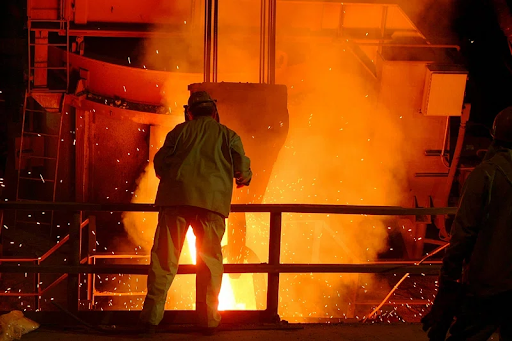Tata Steel and British Steel have inadvertently created a blueprint for tomorrow’s industry through their surprising and strategic collaboration. Forced to innovate by a chaotic global trade environment, these traditional rivals have shown that pragmatic, issue-specific alliances are a key strategy for adaptation and survival. Their deal is more than a one-off story; it’s a lesson for all sectors.
The partnership was forged to tackle a specific problem: the complex and restrictive “melted and poured” clause in US trade law. By pooling their expertise, the two steelmakers can navigate this regulatory barrier more effectively than either could alone. This move demonstrates a critical evolution in business thinking, where overcoming shared external threats takes precedence over the zero-sum game of domestic market share.
This event signals a move beyond the fierce, head-to-head competition that defined the industrial age of the 20th century. The 21st-century landscape demands a more nuanced approach. With challenges like geopolitical instability and the climate crisis being global and systemic, “coopetition”—cooperating with competitors on specific ventures—is emerging as a necessary and powerful strategy.
The most exciting potential of this new model lies in its application to the green transition. The immense investment needed to decarbonize heavy industry is a burden too heavy for one company to carry. Following the steel giants’ lead, we could see competitors jointly funding green hydrogen infrastructure, sharing the risks of developing new carbon capture technologies, or co-creating sustainable supply chains, accelerating progress for all.
This collaboration is a glimpse into a more networked and agile future for UK industry. While spirited competition will remain the engine of innovation, it will be complemented by a new capacity for strategic cooperation. The Tata-British Steel alliance proves that in a turbulent world, the ability to form partnerships, even with your fiercest rival, is the ultimate competitive advantage.


